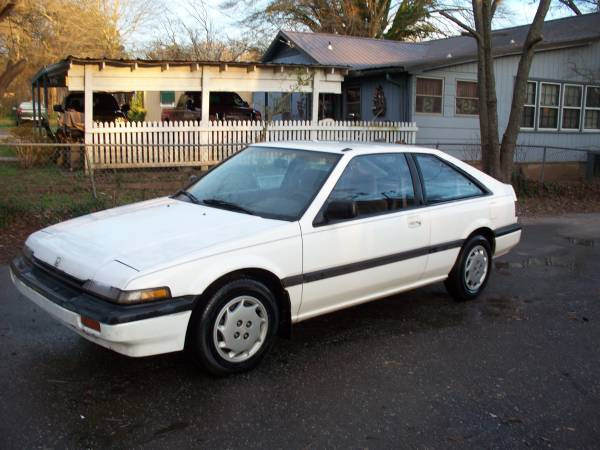#HondaTps
Piston Slap: According to the Throttle Position Sensor…
Sajeev,
This is a weird one, but I figured you would enjoy it. I have owned an ’88 Accord LX-i five speed hatch for a while. One day, driving along, I noticed that it seemed to be coasting easier than normal. When I approached a red light, I found out why: 3,000 rpm was my new idle speed. I stopped, and before I could even think of why this was happening, the idle returned to normal. Once underway, 3,000 rpm was again the new idle speed. Subsequently, I tried many things. This is not related to the brakes, not related to the throttle input, not related to absolutely anything other then wheel speed. In the most stark example, idling on a slight incline, I can just release the parking brake and, once rolling, the idle jumps to 3,000 rpm. Using only the parking brake to stop once again, the idle returns to normal. No CELs or anything else strange happens during this.
I found that it would idle normally if I disconnected the IACV. This worked fine, but when using the A/C it can no longer compensate, so that was not ideal. I also could make it work if I disconnected the speedometer cable, so I did that for a while before really missing my speedometer and cruise control. I tried another way, which was to disconnect the electrical connections between the speedometer and the rest of the gauge cluster. This works, but I get no cruise control, and a CEL only if I coast with no throttle input for too long, which is strange.
I have tried bleeding the IACV, replacing the IACV, replacing and adjusting the throttle position sensor, replacing the entire gauge cluster (which had the same issue, but seemed to change the high idle RPM weirdly enough, but still wonky-high). Also, I did check all grounds and the solder joints in the ECU.
Here is my long standing build/upkeep thread, and here is a terrible video.
















Recent Comments